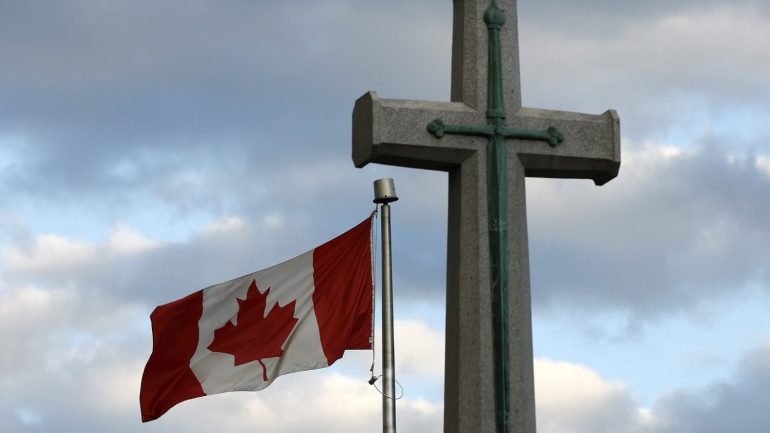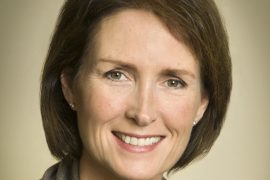More than one in three Canadians did not report any religious affiliation in the 2021 census. This is now reported by present-info.ca. Even though the majority of the population still identifies with Christianity, all major Christian churches have fewer members than they did ten years ago.
According to the latest report, there has been a steady increase in the number of Canadian citizens practicing Islam, Hinduism and Sikhism over the past two decades. According to attendance-info.ca, these facts come from data just released by Statistics Canada. This information about the religious affiliation – or non-affiliation – of 36,328,480 Canadian citizens was collected during the 2021 census.
More like
This shows that more than 19.3 million people said they belonged to or identified with a Christian church, which is equivalent to 53.3 percent of Canada’s population. However, in 2021, fewer people will have indicated belonging to a Christian denomination when completing the census questionnaire. The number and proportion of Christians in Canada “have been declining for several decades”, says Simon-Pierre Lacasse, an analyst at Statistics Canada. He points out that in the 2011 census, more than 22.1 million Canadians identified themselves as Christians, or 67.3 percent of the population. In 2001, three out of four Canadians were members of the Christian Church.
The data collected indicates a “rather strong increase” in the number of people who said they had no religion, the analyst explains. By compiling information collected from the population in 2021, “Statistics Canada” was able to confirm that 12.5 million citizens ticked or indicated a “no religion” box in the questionnaire. It means atheist, agnostic, humanist or nihilist. In 2011 their number was around 7.8 million. “The proportion of this population has more than doubled in 20 years, from 16.5 percent in 2001 to 34.6 percent in 2021,” notes the National Statistical Organization.
The other strong increase noted in the 2021 census is in non-Christian religions, Lacasse says. Although they have far fewer members than various Christian denominations, “most non-Christian groups are growing,” he says. Although small, the proportion of Canada’s population who say they are Muslim, Hindu or Sikh has more than doubled in 20 years. From 2001 to 2021, this ratio increased from 2.0 percent to 4.9 percent for Muslims, from 1.0 percent to 2.3 percent for Hindus, and from 0.9 percent to 2.1 percent for Sikhs.
Christian Church
Still many, in ten years Catholics would have lost about 2 million members. There were 12,810,705 in the 2011 census, with only 10,880,360 Catholics in 2021. In this regard, it is the “United Church of Canada”, the largest Protestant church in the country, that has experienced the greatest decline. It had 2 million members in 2011. Today there are only 1.2 million. After all, there are 1.1 million Anglicans in the country. Ten years ago it was 1.6 million. Only various Orthodox churches in Canada have more adherents as of 2011. There are 623,000 Orthodox Christians today, about 75,000 more than in 2011.
Statistics Canada also mentions that Quebec is the only province or territory where more than half the population has declared themselves Catholic (53.8 percent). However, this is a “significant decline over the past 10 years” as “three quarters (74.7 percent) of Quebec’s population in 2011 were members”. Statistics Canada data makes it possible to know the religious affiliation of citizens of a large number of communities.
(appearance-info.ca – mg)

Devoted web advocate. Bacon scholar. Internet lover. Passionate twitteraholic. Unable to type with boxing gloves on. Lifelong beer fanatic.





